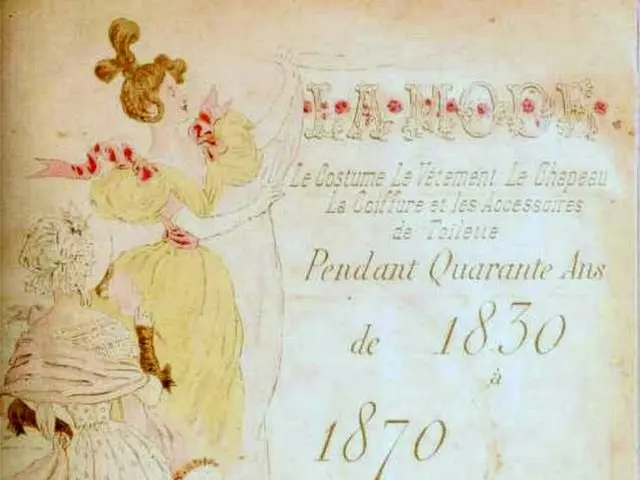Experimental Drug May Mark Breakthrough in Treatment for Cocaine Dependency
A promising new drug, mavoglurant, has shown significant potential in treating cocaine use disorder, according to recent phase 2 clinical trials. The experimental medication, initially developed by Novartis, has the potential to become the first approved drug specifically designed to tackle this widespread issue.
Measurements of cocaine use were carried out through self-reported use, urine tests, and hair tests that looked for byproducts of the drug in the body. The results indicated that mavoglurant, a selective mGluR5 antagonist, reduced cocaine use in patients with this condition.
The implications of this development are substantial. Mavoglurant could provide a novel, targeted medication option that may help reduce cravings or use of cocaine. Furthermore, it opens the door to similar therapies targeting glutamate receptors, as mavoglurant works by modulating neural pathways involved in addiction. This could potentially expand treatment approaches beyond behavioural therapies, offering effective pharmacological support.
The findings require further validation, but if approved, mavoglurant could revolutionise the clinical management of stimulant use disorders, which currently lack FDA-approved medications. However, larger, more diverse, and longer-lasting trials will be needed to confirm the findings of this research before it can become widely available.
The latest trial involved randomising 68 people with diagnosed cocaine use disorder to receive either a placebo or mavoglurant (taken as a pill) twice a day for 98 days. Compared to those on a placebo, people taking mavoglurant used cocaine and drank alcohol less often over a three-month period.
It's worth noting that the effects of mavoglurant on people's alcohol use suggest that mGluR5 may play a larger role in regulating how we respond to alcohol, opening a new avenue of research.
Currently, the only widely recommended treatments available for helping people with stimulant misuse are psychosocial, such as counseling or cognitive behavioral therapy. With the growing number of overdose deaths associated with stimulant misuse, particularly when combined with other drugs like opioids, the development of pharmacological treatments like mavoglurant is a significant step forward.
In the U.S., it's estimated that 10.2 million Americans over the age of 12 misused stimulants in 2022, and about 4.5 million people met the criteria for a stimulant use disorder. In 2023, mavoglurant was licensed out to the biotech company Stalicla SA for further development in the treatment of stimulant use disorder.
While the drug seemed to be generally safe and tolerated, with common adverse events including headache, dizziness, and nausea, further trials (phase 3) and regulatory reviews are needed before it can become widely available.
Disulfiram, an off-label option, has shown limited effectiveness overall in treating stimulant use disorder. This research represents an important step forward for the treatment of stimulant use disorder, given the current lack of options. The researchers' paper, published in Science Translational Medicine, states that in this small and short trial, mavoglurant reduced cocaine and alcohol use in patients with chronic cocaine use disorder.
- Gizmodo reports that the potential drug, mavoglurant, initially developed by Novartis, has shown significant success in treating cocaine use disorder, following phase 2 clinical trials.
- The study found that the selective mGluR5 antagonist, mavoglurant, can reduce cocaine use in patients with diagnosed cocaine use disorder, suggesting it may provide a novel medication option for this condition.
- Mavoglurant's implications stretch beyond cocaine use disorder treatment, as it sheds light on the possibility of future therapies targeting glutamate receptors, aiming to modulate neural pathways involved in addiction, including medical-conditions related to health and wellness.
- The research published in Science Translational Medicine notes that if mavoglurant receives further approval, it could revolutionize the treatment of stimulant use disorders, currently lacking FDA-approved medications, which has become increasingly pertinent due to the rising number of overdose deaths associated with stimulant misuse.




